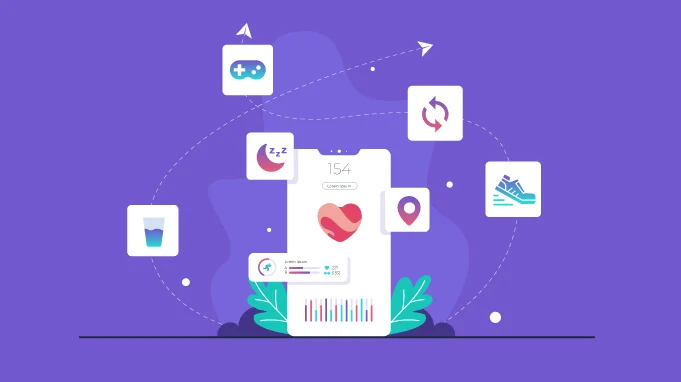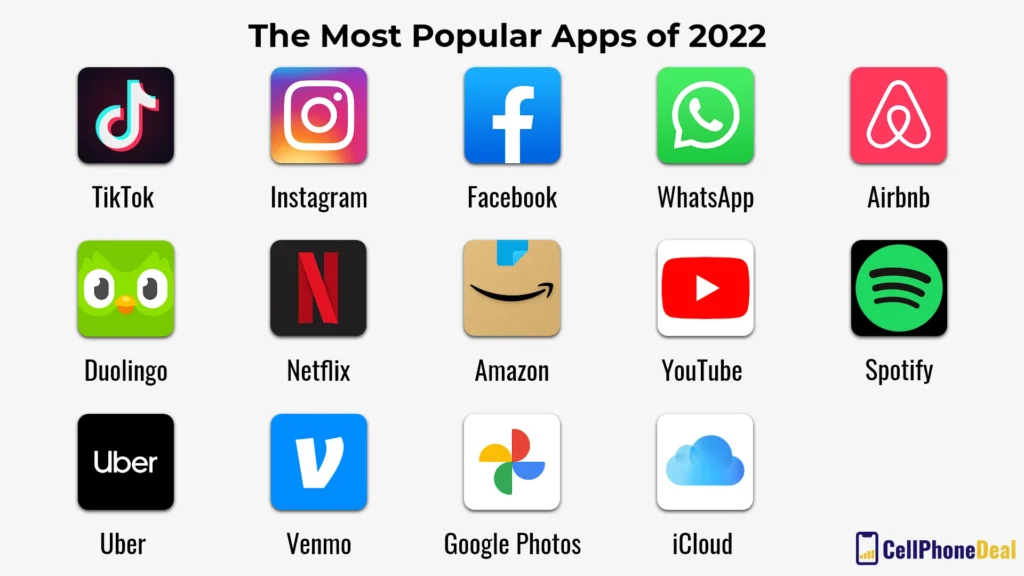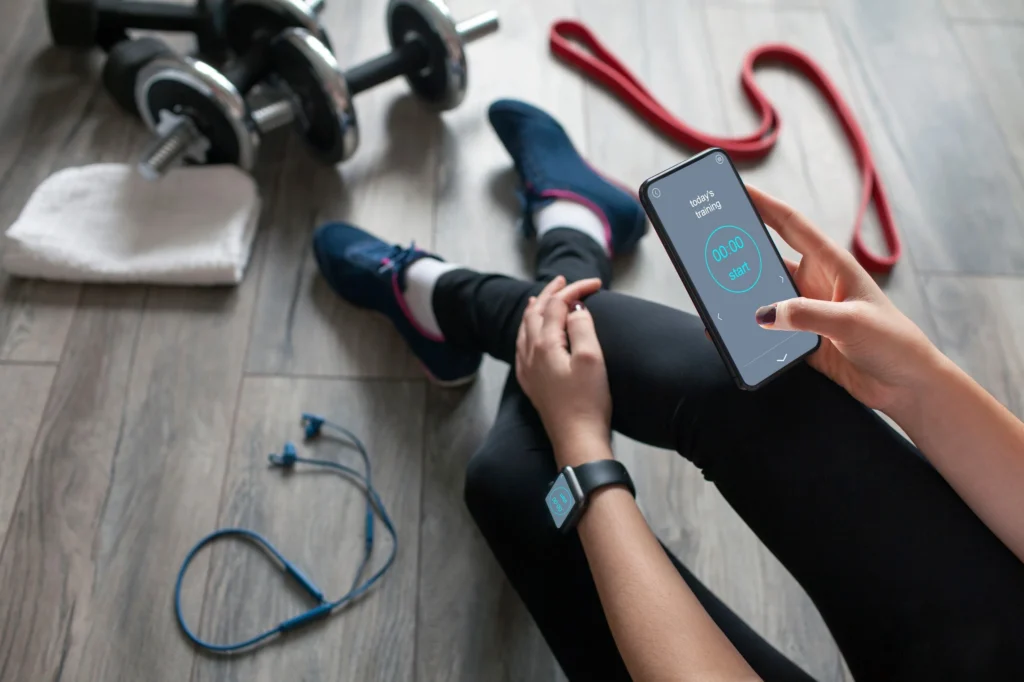In today’s digital age, Health and Wellness Apps are transforming personal care by offering convenient and accessible solutions for individuals to manage their health and well-being. These apps provide a wide range of features such as tracking physical activity, monitoring nutrition, managing mental health, and accessing virtual healthcare services. With the increasing use of smartphones and wearable devices, these apps have become an integral part of many people’s daily routines, empowering them to take control of their personal health.
As technology continues to advance, Health and Wellness Apps are revolutionizing the way individuals approach self-care, providing innovative tools and resources to support holistic well-being. These apps offer personalized workout plans, mindfulness and meditation practices, sleep tracking, and even virtual personal training sessions. By leveraging cutting-edge technology such as artificial intelligence and data analytics, these apps are able to deliver tailored recommendations and insights to help users achieve their health goals.
Furthermore, Health and Wellness Apps are reshaping the healthcare landscape by bridging the gap between individuals and healthcare professionals. Through features like telemedicine and remote monitoring, these apps enable users to consult with doctors, nutritionists, and therapists from the comfort of their own homes. This not only enhances accessibility to healthcare services but also promotes proactive and preventive care.
Moreover, Health and Wellness Apps are fostering a sense of community and support among users, allowing them to connect with like-minded individuals, share experiences, and access valuable resources. These apps often include social features, forums, and support groups to create a sense of belonging and encouragement, ultimately contributing to overall wellness.
In addition, Health and Wellness Apps are continuously evolving to integrate new technologies such as virtual reality, biofeedback, and genetic testing, expanding the possibilities for personalized and proactive health management. As these apps continue to advance, they have the potential to significantly impact the way individuals engage with their health, ultimately leading to a more empowered and informed approach to personal care.
1. The Rise of Health and Wellness Apps
With the increasing use of smartphones and technology, health and wellness apps have become a popular tool for individuals looking to take control of their personal care. These apps offer a wide range of features, from tracking physical activity and nutrition to providing mental health support and meditation guidance. As people become more proactive about their health, these apps have transformed the way individuals approach personal care.
Health and wellness apps have also become a convenient solution for those with busy lifestyles, as they can access personalized health information and resources on-the-go. Additionally, these apps have the potential to improve overall health outcomes by promoting healthy habits and providing valuable insights into individual wellness.
2. Personalized Fitness and Nutrition Tracking
One of the key features of health and wellness apps is the ability to track fitness and nutrition data. Users can input their daily meals, track their caloric intake, and monitor their physical activity to gain a better understanding of their overall health. These apps often provide personalized recommendations based on individual goals, making it easier for users to make informed decisions about their fitness and nutrition habits.
Furthermore, the data collected through these apps can be used to identify patterns and trends, allowing users to make adjustments to their lifestyle for better health outcomes. This personalized approach to fitness and nutrition tracking has revolutionized the way individuals manage their personal care, empowering them to take an active role in their well-being.
3. Mental Health Support and Stress Management
Many health and wellness apps now offer features to support mental health and stress management. These apps may include guided meditation sessions, breathing exercises, and mood tracking tools to help users manage their emotional well-being. With the increasing awareness of the importance of mental health, these apps provide accessible resources for individuals to prioritize their emotional wellness.
By incorporating mental health support into personal care routines, individuals can address the holistic aspects of their well-being. These apps offer a proactive approach to managing stress and promoting mental resilience, ultimately contributing to a more balanced and healthy lifestyle.
4. Remote Health Monitoring and Telemedicine
Advancements in health and wellness apps have also led to the development of remote health monitoring and telemedicine features. Users can now track their vital signs, monitor chronic conditions, and even consult with healthcare professionals through these apps. This remote access to healthcare services has proven to be especially valuable for individuals with limited mobility or those living in remote areas.
Furthermore, the integration of telemedicine services allows for convenient and timely access to medical advice and support. This transformative use of technology has the potential to improve healthcare accessibility and empower individuals to actively engage in their own health management.
5. Sleep Tracking and Improvement
Another area where health and wellness apps are making a significant impact is in sleep tracking and improvement. These apps can monitor sleep patterns, provide insights into sleep quality, and offer personalized tips for improving sleep hygiene. By addressing the importance of sleep in personal care, these apps contribute to overall health and well-being.
Through the use of sleep tracking technology, individuals can identify factors that may be impacting their sleep and make targeted changes to improve their rest. This proactive approach to sleep management can lead to better energy levels, mood, and cognitive function, highlighting the multifaceted benefits of health and wellness apps.
6. Community and Social Support
Many health and wellness apps foster a sense of community and social support among their users. These platforms may include features such as group challenges, peer support networks, and community forums where individuals can connect with others who share similar health and wellness goals. This sense of community can be motivating and empowering for individuals on their personal care journey.
By creating a supportive environment, these apps encourage accountability and motivation, making it easier for individuals to stay committed to their health and wellness routines. The social aspect of these apps adds a layer of encouragement and camaraderie, ultimately contributing to a more positive and engaging personal care experience.
7. Habit-Forming and Goal-Setting Tools
Health and wellness apps often incorporate habit-forming and goal-setting tools to help users establish and maintain healthy routines. These features may include habit trackers, goal progress monitoring, and personalized reminders to keep users on track with their wellness objectives. By leveraging behavioral science principles, these apps support individuals in making lasting lifestyle changes.
Through consistent use of these habit-forming and goal-setting tools, individuals can cultivate sustainable habits that contribute to their overall well-being. Whether it’s staying hydrated, practicing mindfulness, or staying active, these apps provide the structure and support needed to develop and maintain healthy habits.
8. Data Privacy and Security Considerations
As the use of health and wellness apps continues to grow, it’s important to consider data privacy and security measures. These apps often collect sensitive personal health information, making it crucial for developers to prioritize user privacy and data protection. Implementing robust security protocols and ensuring compliance with data privacy regulations are essential for maintaining user trust and confidence in these apps.
Additionally, transparent communication about data usage and user rights is important for establishing a trustworthy relationship between app developers and users. By prioritizing data privacy and security considerations, health and wellness apps can continue to be a valuable and reliable resource for individuals seeking to enhance their personal care journeys.
| App Name | Features | Benefits |
|---|---|---|
| MyFitnessPal | Calorie tracking, exercise logging, goal setting | Helps users manage weight and improve fitness |
| Calm | Meditation sessions, sleep stories, relaxation music | Reduces stress and improves sleep quality |
| Headspace | Guided meditation, mindfulness exercises | Enhances mental well-being and focus |
| WaterMinder | Hydration tracking, reminders to drink water | Helps users stay adequately hydrated |
Health and wellness apps have revolutionized personal care by providing tools for users to track their fitness, manage their mental well-being, and improve their overall health. These apps offer features such as calorie tracking, meditation sessions, and hydration reminders, which contribute to better physical and mental health outcomes for individuals.



